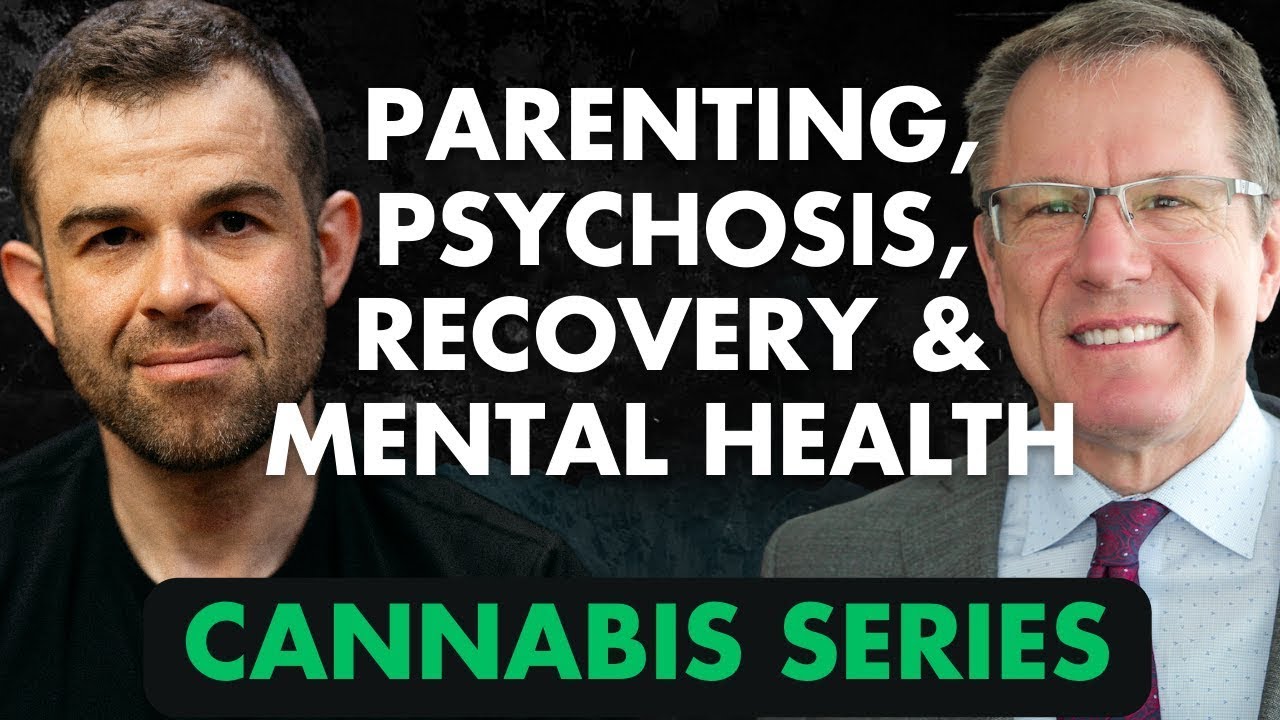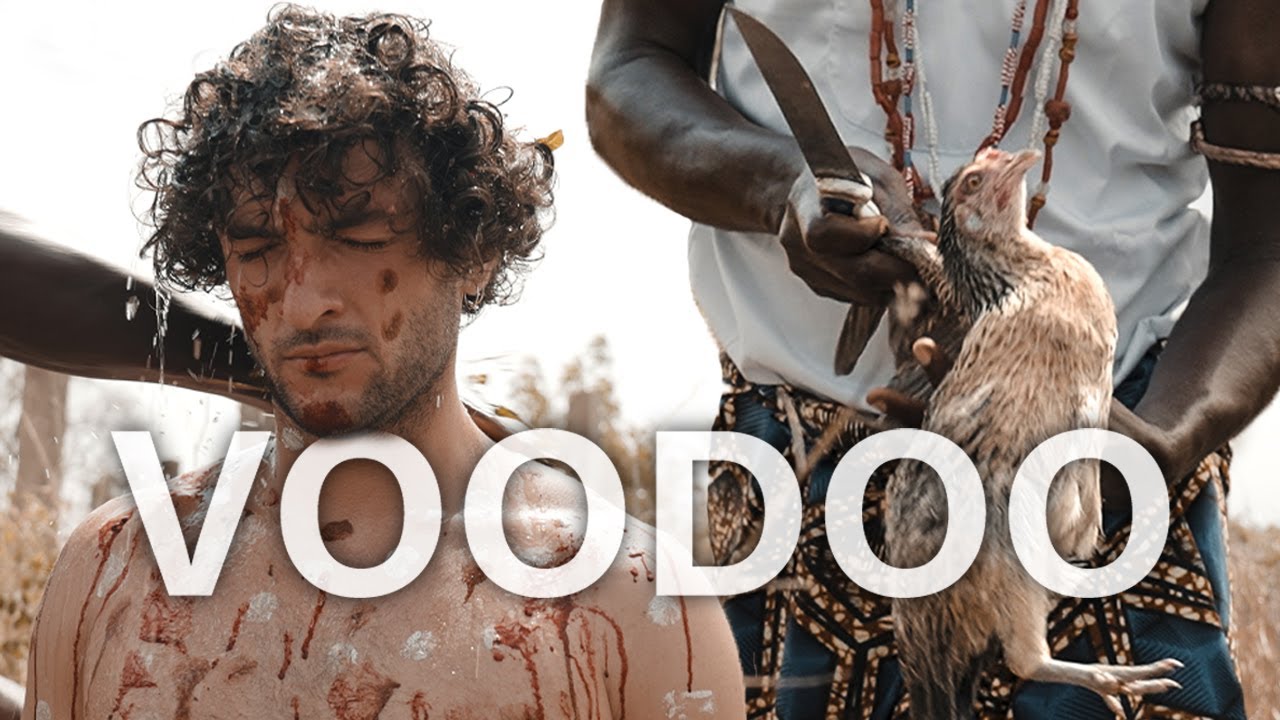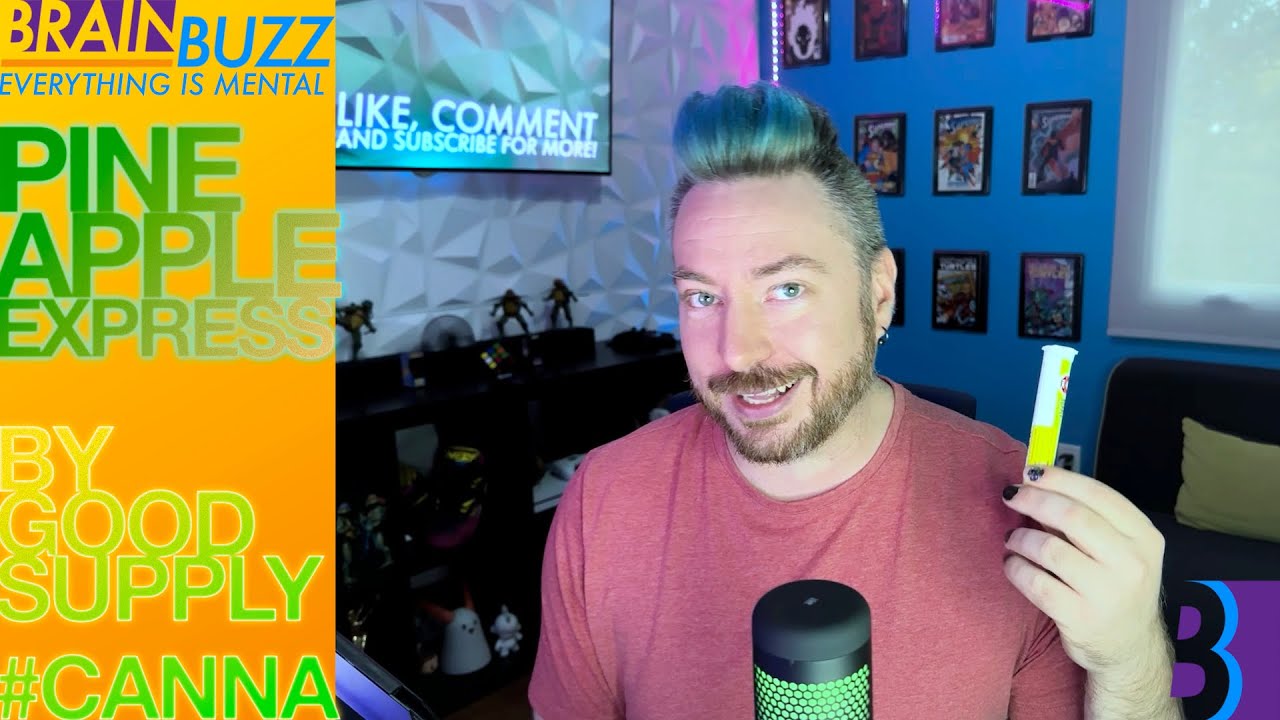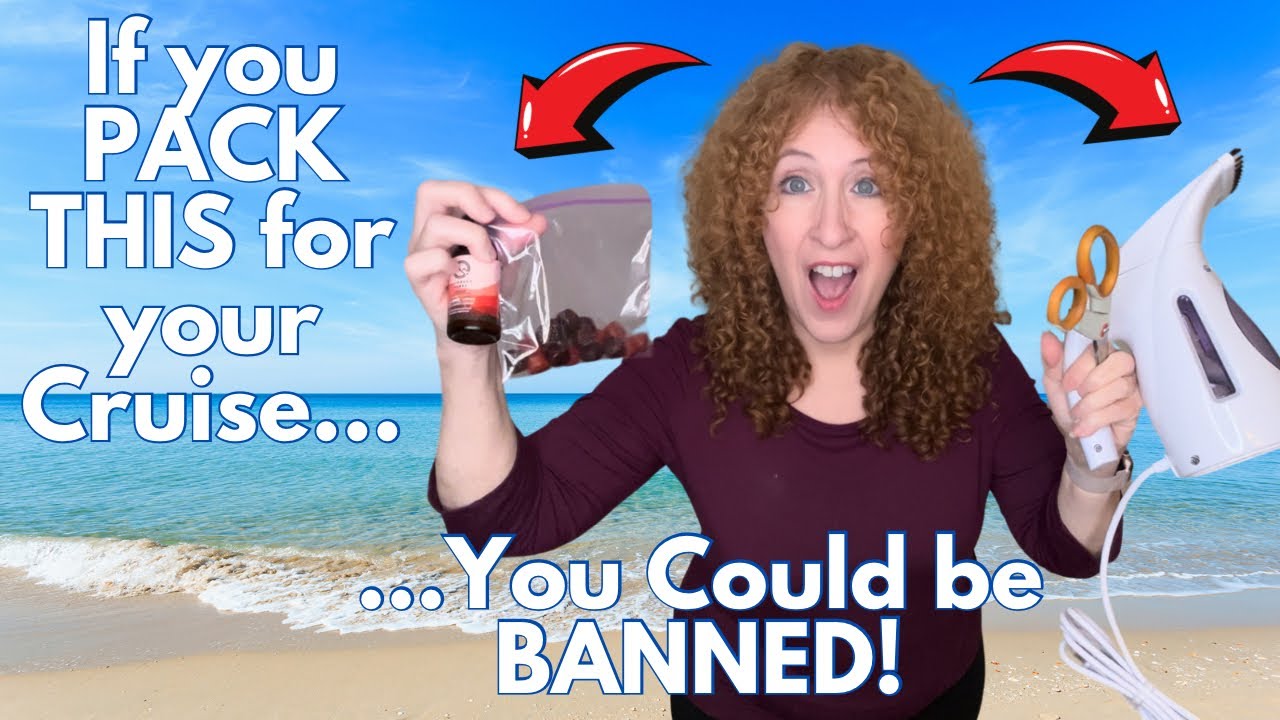Dr. Wilson M. Compton serves as the Deputy Director of the National Institute on Drug Abuse (NIDA) of the National Institutes of Health. NIDA is the world’s largest funder of research on health aspects of drug use and addiction, including research related to preventing drug use, treating addiction and addressing the serious health consequences of drug use. In his current role, Dr. Compton’s responsibilities include working with the Director to provide scientific leadership in the development, implementation, and management of NIDA’s research portfolio in order to improve the prevention and treatment of drug use and addiction.
Today on the show we discuss: why cannabis should be taken seriously, how cannabis impacts anxiety and mental health, why kids should stay away from cannabis, advice for parents for navigating cannabis use with kids, how cannabis use can lead to psychosis and why young men could be more at risk, what epidemiological research reveals about cannabis use and more.
Resources mentioned:
https://nida.nih.gov/research-topics/parents-educators
https://www.samhsa.gov/families
⚠ WELLNESS DISCLAIMER ⚠
Please be advised; the topics related to health and mental health in my content are for informational, discussion, and entertainment purposes only. The content is not intended to be a substitute for professional advice, diagnosis, or treatment. Always seek the advice of your health or mental health professional or other qualified health provider with any questions you may have regarding your current condition. Never disregard professional advice or delay in seeking it because of something you have heard from your favorite creator, on social media, or shared within content you’ve consumed.
If you are in crisis or you think you may have an emergency, call your doctor or 911 immediately.
If you do not have a health professional who is able to assist you, use these resources to find help:
Emergency Medical Services—911
If the situation is potentially life-threatening, get immediate emergency assistance by calling 911, available 24 hours a day.
National Suicide Prevention Lifeline, 1-800-273-TALK (8255) or https://suicidepreventionlifeline.org.
SAMHSA addiction and mental health treatment Referral Helpline, 1-877-SAMHSA7 (1-877-726-4727) and https://www.samhsa.gov



